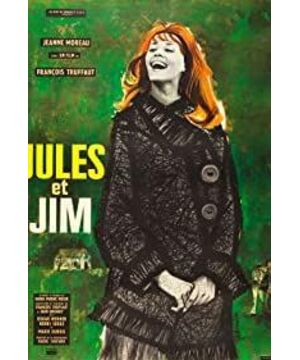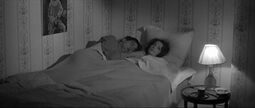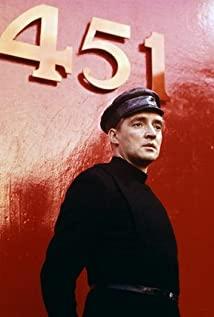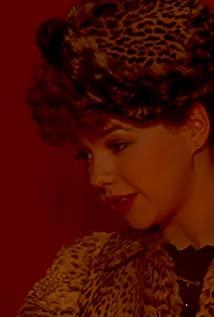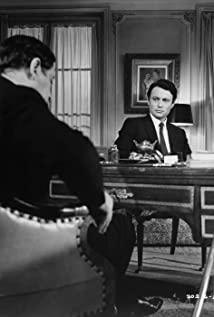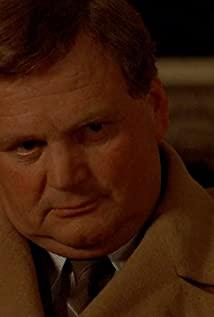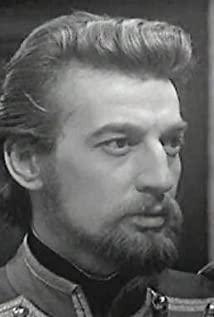Some people praised Truffaut's accuracy in depicting different women. I think that love has its own different perception and expression for each individual, and the slightest subtlety is the reason for its wonderful personality. The reasons and differences between these two Truffaut "triangle films", which are nearly 20 years apart, are the original intention of my discussion. We are of course curious about how 20 years of time have slowly passed a director.
Two Gestures
Women in this "male and female" model are, of course, the focus.
In this romantic capital of France, it is never surprising that a lover and a husband are together. Catherine's early natural smudge-like escape and naughty, for a young girl, this can be all attractive. When the girl with a slanted broad hat and two moustache decides to race on the bridge and rush to run, she is of course in a naughty mood. Digging deeper, I am afraid she wants to completely dominate herself and try to control whether she loves or deserves People who love themselves. When it comes to "should" love yourself, it becomes easy to be overwhelmed by worldly judgments. In fact, why not jump out and see that a woman who needs to pick up the love she wants at any time can be said to love herself very much. Live for herself, understand what she wants, she wants freedom, she wants all love. Perhaps the big difference from Marion is that she clamors for it, and asks for a lot. She also has an environment in which she clamors for love. Between her and love, there is not much life compulsion, and there is no Marion's burden of running a big theater and her husband's life and death.
She is intense. At the riverside at midnight, after the battle of virginity and freedom, she showed a smile of contempt or hidden madness, from shaking on the shore, she jumped, with an expression that didn't seem to jump, she completed the film that has always been calm. The shocking scene, the audience can't go out for a long time. It seems that this one has given the audience enough precautions that the subsequent drawing of the gun and the speeding into the river have become justified.
In the predicament of life and survival, Marion resolutely supported the theater, and she often fell in love with Bernard coldly, but kept silent. She was a beautiful and rational woman. She can bury, she can wait, she can even forget to kiss, she can also hold the hands of two men, bow and smile. It can be said that this is a "love triangle" of mutual restraint, but it is possible to say that the "wrong meaning" in the ontology of double love is not an exaggeration, thinking that they hate each other, but it is the smart Jewish husband who sniffed out everything. acted as a catalyst. Why isn't this woman like Catherine's riotousness, her character must be sitting alone, but a pure ideal of love is to be intervened by "life", I am afraid she can't escape the blame. Imagine a world without Sith or war and spiritual panic, it is very possible for Marion to achieve her love with Bernard in advance. Marion's respect, love and concern for her husband, although not enough to make him "martyrdom", is at least some psychological burden. But looking at the tranquility of Marien holding two partners in her hand, and the joy brought by the common artwork to Lucas, the "triangle" here has become a legend.
A fierce woman, fanatical to love and freedom; another quiet woman, holding two men's hearts. A decisive and tragic. A low-key and bountiful harvest. It is impossible to say who is right and who is wrong, every woman has her own kind of truth.
A
difference of acquiescence is that the original husband, who is a necessary factor in the formation of the love triangle, adopts an attitude of acquiescence, whether it is Jules' forbearance and accommodation, or the angular face of Lykas. The unpredictable eye understands all.
Jul's reverence for the living marble goddess was the first straw that made him fall, and his feelings for her came from the inexplicable Nine Heavens on the one hand - which was also a mysterious factor that could not be extricated, which made Jule use Carrying out this love with a low profile naturally falls into the "flower of dust", but compared to Jim, who has both sides, it is obvious that this does not last long. Jim knows how to stop-after discovering the danger, it is also because he understands jealousy. wide awake. On the other hand, Jule has very little experience of the opposite sex. When he was calculating those country girls, he had a dispensable attitude to prove that he had never had true love. The second his heart stopped, when he caught Catherine, the real The ideal first love, he stubbornly wants to stay with this psychologically strong feeling - even if a long time ago, he was not jealous and regarded her as a queen, as long as he saw her, there was no dignity left, and he loved with absoluteness. This acquiescence is a total commitment.
Nearly 20 years later, Truffaut, who is nearly 50 years old, once again worked on a subject he was familiar with and gave a Jew as a husband, apparently tacitly acquiescing in the wisdom, reason and talent of this partner. He is very keen, he doesn't have the traditional "Shun Cheng" crying and jealousy, he even knows him and her better than Marion, the only thing he mentions to her is through the dialogue of the "cruel" heroine of the new work "Magic Mountain", half eye Beyond the frame, neither plague nor fire. He loves his wife, and he doesn't control the source of his love. He can accept his wife's love for others, and he gives tacit approval, and he doesn't even know if it is motivated by his intentions. Yet I always felt that his Jewishness and penetrating eyes made him see everything.
When the director enters the middle-aged and old age, is it against the social order, and at the same time, is it more willing to choose to let her husband understand it happily? Or is it just two different stories, that's all?
In terms of the number of endings
, there is one person left in "Jules and Jim", and three people in "The Last Subway". This is by no means an easy judgment, and those with fewer people will not be complete losers. Obviously tragedy is more powerful, but another calm ending can also be touched.
It can be considered that "Jules and Jim" is a "love triangle" in the prime of youth, and the love that chooses the ultimate calm understanding should be "The Last Subway", mutual insight and communion. The tragedy of "Three Silly" lies in a strong and self-willed woman and a very compromising original partner, while the three Lukas have no obvious relationship between the strengths and weaknesses. The strong and strong atmosphere is not in love, but in the social background.
Although I really want to identify with the complete madness, intoxication and obsession in "Zhu", the worldly concept makes me yearn for the perfection in "Most". I hope that such a three-person relationship can truly exist and grow. I think this kind of Matters other than morality have always been in our minds, but their possibilities are overshadowed by too many didactic ethical narratives. Now, the "Most" film can naturally make me feel that this is reasonable, and the skill in it is not overnight.
Many people regard Truffaut's "triangle" theme as a manifestation of his opposition to the existing system, however, perhaps the director realized that in a society that has stretched for thousands of years, "love" is the most laudable sincere emotion. , in the rigid form, if a person can really love what he loves, where does he care about the word "one"? It is true that this kind of relationship will encounter difficulties, but it varies from person to person, and there are both success and failure. The audiovisual language itself is a variable.
Quite clever Truffaut, digs the triangular coexistence, not the traditional rupture. Only these two classic films, separated by a few years, have constructed a richness that has been unsurpassed so far. I think this is really a good subject, but it's very subtle.
View more about Jules and Jim reviews


